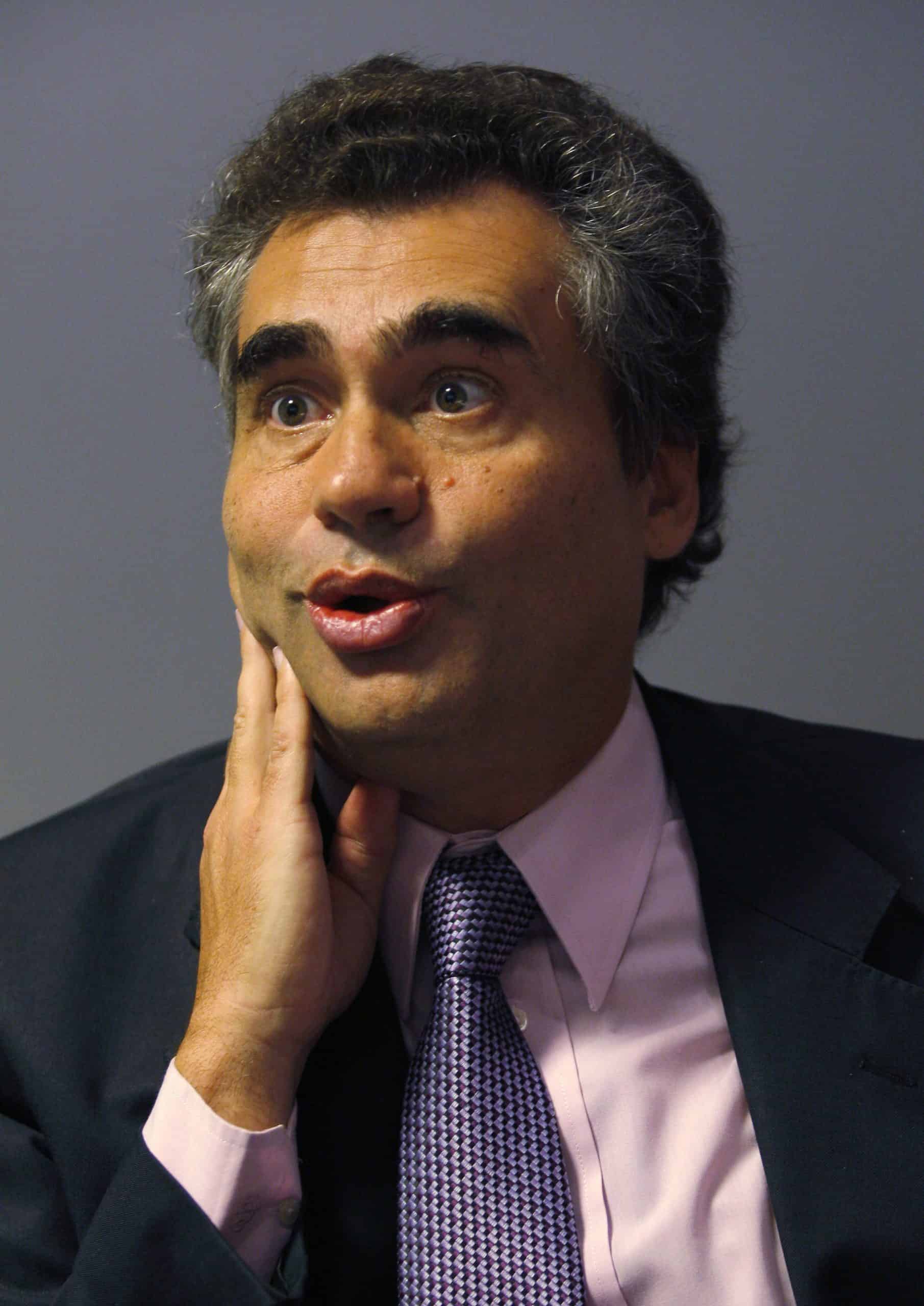Newsmakers | Argentina

Argentine president Cristina Fernández de Kirchner in early October triggered the resignation of the head of the country’s central bank, Juan Carlos Fabrega, by criticizing him for not reducing manipulation of the country’s currency. His replacement, Alejandro Vanoli, formerly the head of the country’s securities regulator, CNV, doesn’t look likely to set Argentina on a better path.
Kirchner’s escalating anti-investor rhetoric has further alienated the few investors remaining in Argentina, which will remain locked out of foreign debt markets for the foreseeable future. And Vanoli will likely support his boss every step of the way.
One of Vanoli’s most telling qualifications is that he is viewed as more of a company man than Fabrega, who tried to maintain some central bank independence. The fifth head of the central bank since the beginning of the Kirchner era in 2003—and the fourth in five years—Vanoli had been head of the CNV since 2009. He previously held positions in the Economics ministry and the central bank. His appointment also marks the further consolidation of influence of Economy minister Axel Kicillof, who is trying to further tighten the government’s grip on the economy.
Most important, Vanoli is unlikely to push for another devaluation, which would be politically unpopular but would ease pressure on rapidly declining currency reserves. He is likely to focus on economic growth, which, according to many economists, will prolong Argentina’s macroeconomic pain. Days after he was installed in office, Vanoli called on the country’s banks to increase lending.
By most measures, Fabrega’s time in office—he was appointed in November 2013—was a failure. Argentina faces some of the highest inflation in the world, at 40%, according to analysts unconnected with the regime. The country controversially defaulted on its sovereign debt in July. Currency reserves have fallen by nearly half since early 2011. Despite a sharp currency devaluation in January, the peso has remained under pressure as the unofficial exchange rate has continued to slide. Interest rates are at the highest they’ve been in a decade.
But Fabrega was one of few voices of reason in the government. The local stock market fell sharply following his resignation.
Kirchner’s term ends in the autumn of 2015, at which point a new administration will probably move in a different, and more investor-friendly, direction. Until then, investors in Argentina face more volatility and uncertainty.



